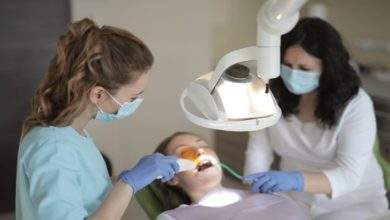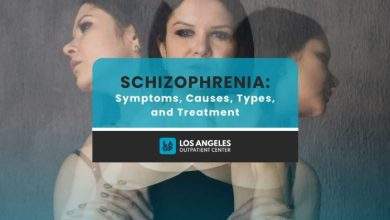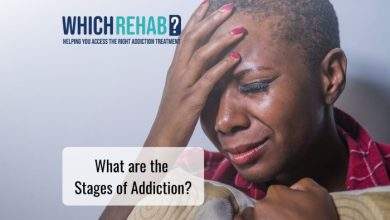
Women’s health is deeply influenced by hormonal changes that occur throughout life. From puberty to pregnancy to menopause, hormones shape not only physical well-being but also mental health. For women facing addiction, these hormonal fluctuations can play a significant role in how substance use develops and how recovery unfolds. Understanding the connection between hormones, mental health, and addiction can help women receive the specialized care they deserve.
Hormonal Cycles and Mental Health
Estrogen and progesterone, the primary female hormones, fluctuate during the menstrual cycle and have a direct impact on mood and brain chemistry. For some women, these shifts contribute to conditions like premenstrual dysphoric disorder (PMDD), depression, or heightened anxiety. These mood changes can increase vulnerability to using substances as a way to cope with emotional highs and lows.
Pregnancy and Postpartum Considerations
Pregnancy brings about dramatic hormonal changes that affect both the body and mind. While some women experience improved mood during pregnancy, others face heightened anxiety or depression. After childbirth, a rapid drop in hormones can contribute to postpartum depression — a serious condition that increases the risk of substance misuse if left untreated. According to the American Society of Addiction Medicine (ASAM), addressing mental health alongside addiction treatment is essential, particularly during reproductive transitions.
Hormones and Menopause
Menopause marks another major hormonal shift. Lower levels of estrogen can lead to symptoms such as mood swings, sleep disturbances, and cognitive changes. For women in recovery, these challenges may trigger cravings or make sobriety more difficult to maintain without proper support.
Addiction and the Stress Hormone Connection
Cortisol, the body’s primary stress hormone, also plays a role in addiction. Women who face chronic stress may have elevated cortisol levels, making them more likely to seek relief through drugs or alcohol. Over time, this pattern can create a cycle of dependence that worsens mental health.
Why Gender-Specific Care Matters
Because hormones affect women differently at each stage of life, treatment approaches must reflect these unique needs. Gender-specific programs provide safe environments where women can address mental health challenges without stigma. Care may include hormone-aware therapy, trauma-informed approaches, and medical support tailored to women’s biology.
Taking the Next Step Toward Healing
For women looking for supportive, specialized treatment, options like rehab in Charleston, SC offer programs designed with women’s health in mind. By addressing hormonal changes alongside addiction recovery, these centers provide holistic care that improves both mental health and long-term sobriety.
A Holistic Path Forward
Hormones influence far more than physical health — they shape how women experience stress, emotions, and recovery. With the right support, women can learn to navigate these changes, manage their mental health, and build strong foundations for lasting recovery.




